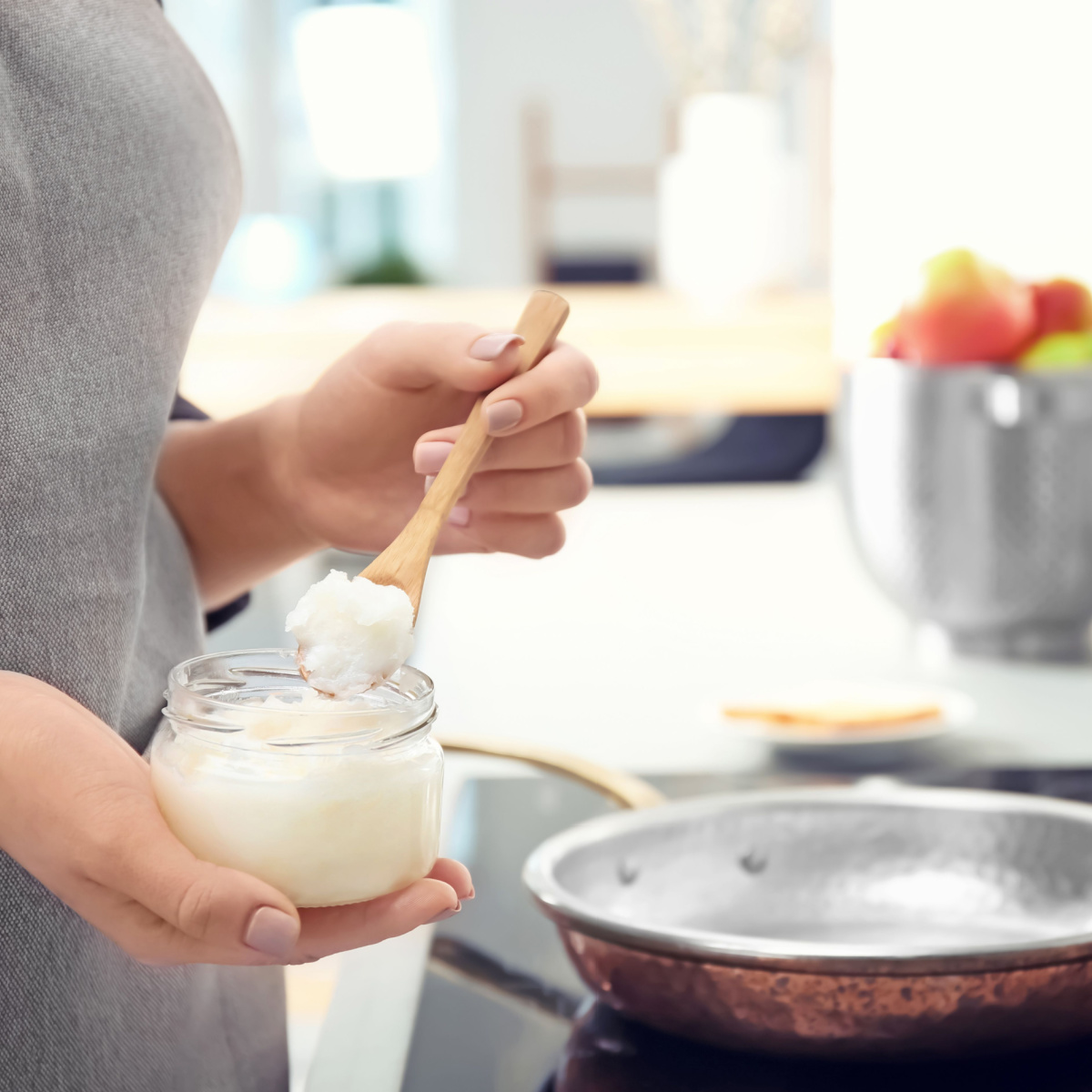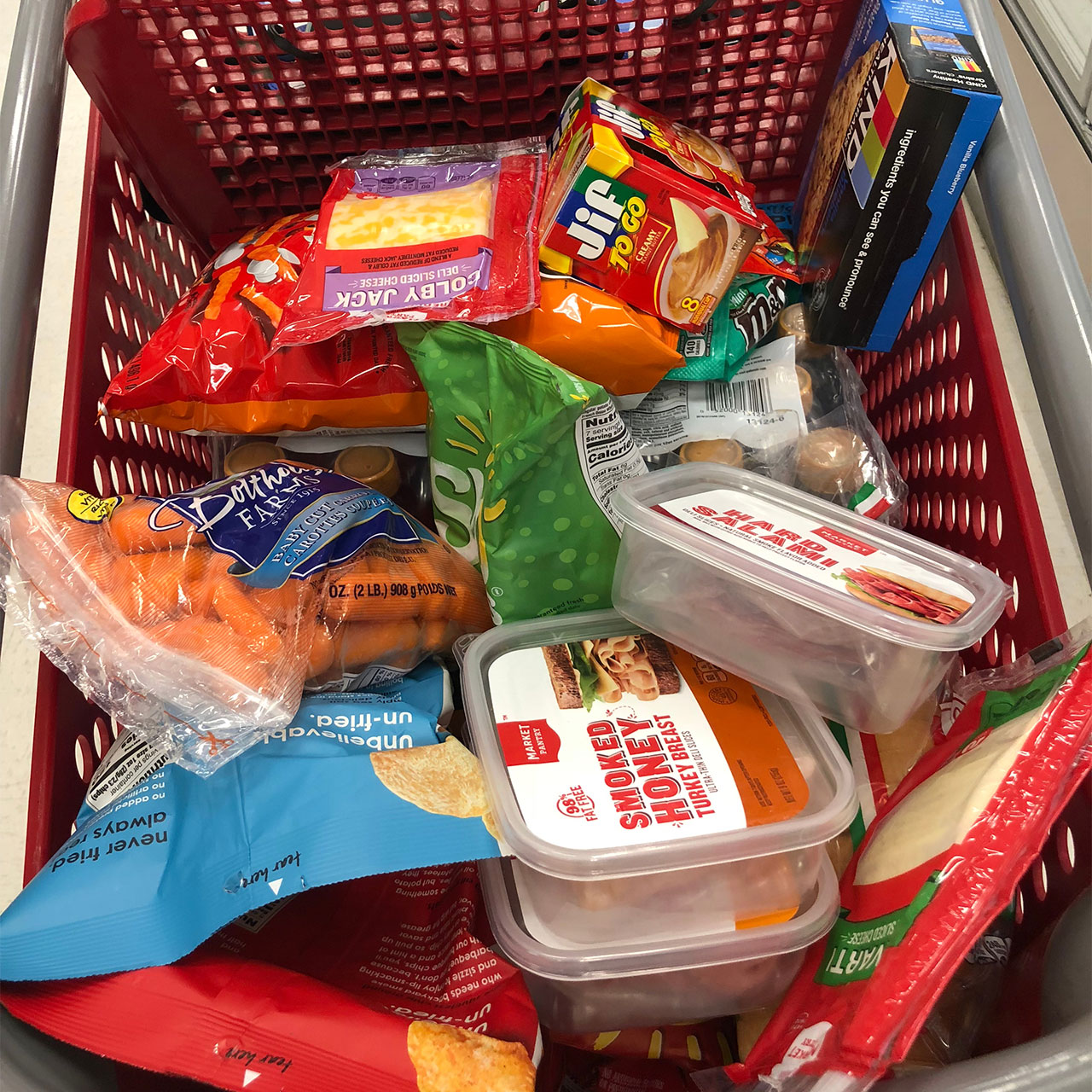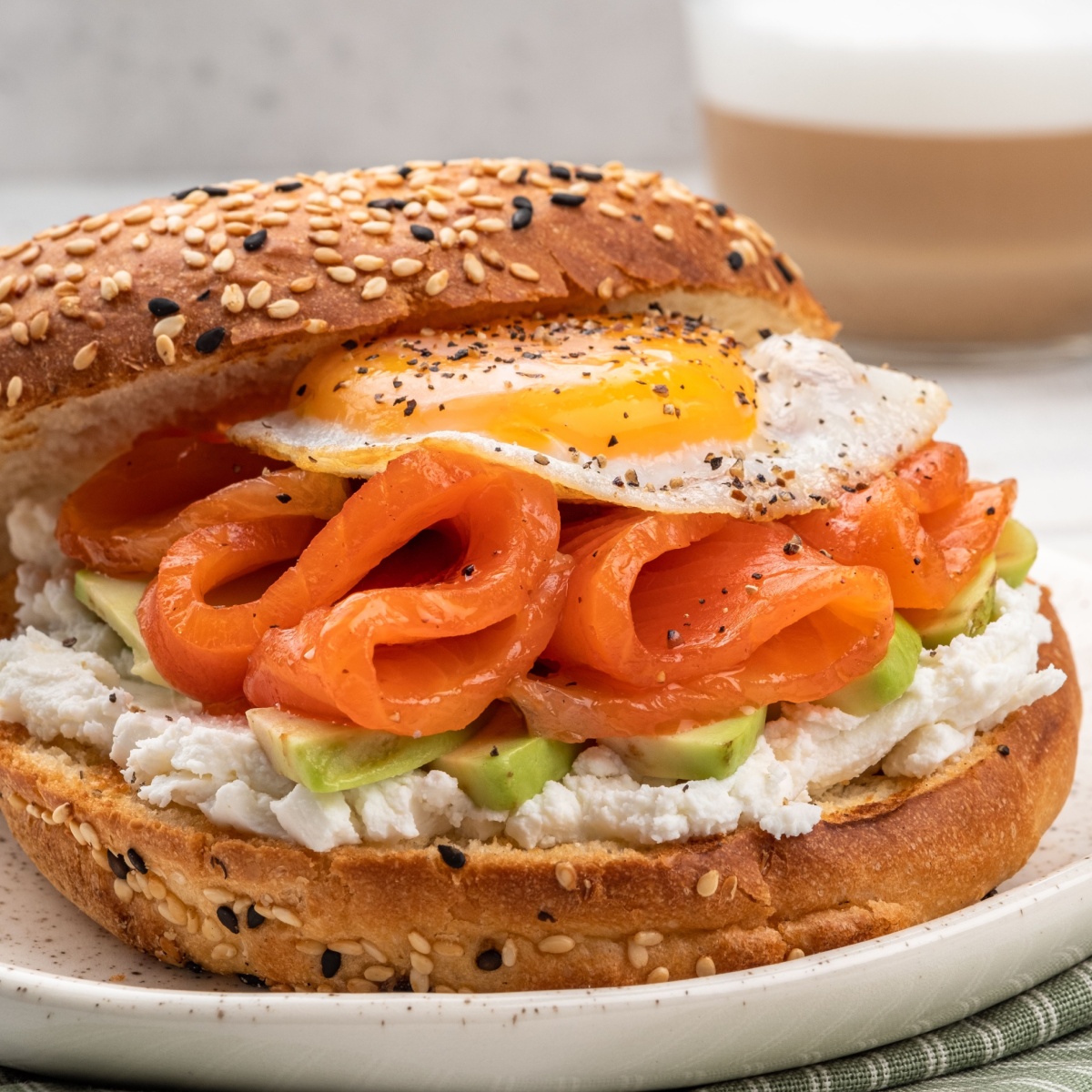Cooking is an art that transcends the boundaries of sustenance, weaving together flavors, textures, and aromas to create nourishing and delightful meals. When it comes to cooking for weight loss, the choices of ingredients and cooking methods become pivotal. Crafting meals that are not only delicious but also align with weight management goals involves a thoughtful selection of ingredients and mindful preparation. Some ingredients commonly used in cooking, while tasty, may pose challenges to weight loss due to their high-calorie content, saturated fats, or added sugars.
We spoke with Nataly Komova, RD; Kimberly Gomer MS, RD/LDN; Dr. Gretchen San Miguel, MD and Chief Medical Officer for Medi-Weightloss, and Jesse Feder, RDN, CPT, to learn about two cooking ingredients you should minimize or stop cooking with in general if you can because they make weight loss more difficult. They revealed that margarine and coconut oil are the two ingredients to watch out for.


Margarine
Margarine made with vegetable oil or other oils, often marketed as a healthier alternative to butter, has been a subject of scrutiny concerning its potential link to weight gain. While vegetable oils themselves can be a source of unsaturated fats, some margarines may undergo hydrogenation to achieve a more solid consistency, resulting in the formation of trans fats. Trans fats are known to be associated with adverse health effects, including an increased risk of cardiovascular disease and inflammation. Additionally, the caloric density of margarine, even if made with vegetable oil, can contribute to weight gain if consumed excessively.
"I generally discourage my clients from using it because margarine is the unhealthiest of all spreads and butters," Komova shares. "It mostly carries large amounts of trans-fats and pro-inflammatory omega-6 fats—the worst fats that increase LDL, leading to a risk of heart diseases. Additionally, higher trans-fats potentially cause insulin resistance, which lowers metabolism."
"The worst margarine choices are sticks or solids, because they have the highest amounts of trans fats, the best choices are soft or liquid margarines that have no or very little trans-fat, and less than 3 grams of saturated fat per serving," says Dr. Gretchen San Miguel.
"All seed oils cause inflammation in the body. These include: soybean oil, corn oil, cotton seed oil, peanut oil, vegetable oil, sesame oil, sunflower oil, canola oil, and rice bran oil," Gomer explains, adding that margarine is usually made with soybean oil or other varieties of processed vegetable oils, making it "a perfect example of an unhealthy fat."

Coconut Oil
Coconut oil, often praised for its unique nutritional profile, has sparked debates regarding its potential impact on weight gain. While coconut oil is high in saturated fats, it also contains medium-chain triglycerides (MCTs), which some studies suggest may be metabolized differently in the body. However, the overall evidence regarding coconut oil and weight management is mixed. While some studies propose that MCTs might enhance energy expenditure, others caution against the high calorie content of coconut oil, which could contribute to weight gain if not consumed in moderation.
Feder says, "Coconut oil can be used to season proteins, or vegetables, as well as other things when cooking. Coconut oil is primarily made of saturated fats and is very high in calories. Saturated fats are unhealthy and lead to increases in LDL or bad cholesterol as well as inflammation. Over time this can lead to weight gain as well."
He suggests we cook "with a healthier oil such as olive oil or avocado oil which is much lower in saturated fats and high in anti-inflammatory healthy fats. Additionally, use the oil in moderation to cut back on calories."
Of course, moderation is key here and it's essential to strike a balance that aligns with individual needs, preferences, and overall well-being.


























